Alessia Wilimowski writes…
Hello Michelle Paver, I would like to ask how do you do sufficient research? I know you go to different parts of the world, but how do you do it when you can’t travel? Well, I guess what I am asking is how did you do research when you first started?
Thank you, your books are inspirational.
P.s I saw you at the Y.A.L.C books signing. I still have the signed book. You are amazing.
Michelle Replies…
Dear Alessia,
I’m so glad you enjoyed YALC. As for how much research is enough, that’s kind of a “how long is a piece of string?” question, but I’ll do my best to answer.
If I’m new to a subject, I’ll start at a broad-brush level: maybe (because I’m old-fashioned) looking it up in an encyclopaedia, and/or a few reference books at the local library. Just to get a sense of things, and of what I might use in the story I’m thinking about writing. If it’s a region that I need to explore, I’ll refer to the relevant Lonely Planet guide for idea on places to travel to. And you might of course use the internet – but again, at this stage, head for an authoritative source. ( The internet is also great for quickly answering a specific question, such as how does a particular birdcall sound, or something. )
If the subject isn’t central to what I’m writing about, a general reference might be enough. But often it’s only the start, because a general account can’t give me the interesting little details that might make a story come alive – or, crucially, which spark ideas for the story. For that I often resort to secondhand books (a great source is abe.co.uk, provided you know what you’re looking for). For instance, when I was writing my Gothic novel WAKENHYRST, set in the Suffolk fens, I found a 1930s poacher’s memoir in a secondhand bookshop; it described “eel-babbing”, a way of catching eels. I’d never heard of that, but it sparked all sorts of ideas for the story and ended up featuring in a key scene. That’s what I love about research. You never know what you’ll find, or where it will take you.
Of course if funds are limited, you don’t need to buy the books. I’ve used my local library for years. And the British Library is brilliant for “deep fishing” into a subject. Once you have a reader’s ticket, you can call up all sorts of weird and wonderful things from the stacks. In my time I’ve called up court-martial transcripts, 1930s Army & Navy catalogues (for DARK MATTER), obscure booklets on folklore (for WAKENHYRST) and any number of anthropological publications for the WOLF BROTHER books.
Also, a word about location research. You don’t have to travel to the jungle to experience,for example, tropical plants; a visit to the glasshouse at Kew Gardens will bring you face to face with quite a few, and although the experience wouldn’t be the same, you’ll probably get something out of it that you wouldn’t get by looking at a book or website on the subject. I’ve had lots of ideas which I’ve ended up using in the WOLF BROTHER books from observing urban wildlife in Wimbledon, where I live. It only takes imagination to transport a squirrel up a tree in a Sainsbury’s car park, to Torak’s world.
Finally, it’s worth saying that I never really know how much research is sufficient research. Often while I’m writing, something will crop up which, despite all my months of research, I haven’t covered. And very often, I’ll end up with pages and pages of notes on something that never finds its way into the story. That’s just the way it goes. But reading into a subject is, I think, part of what gives one assurance in the writing. So it isn’t really wasted.
I’m sorry I can’t be more precise, but as you can see, this isn’t a very precise topic! However I do hope that you’ll find the above pointers helpful – and the best of luck with your writing.
Regards, Michelle

